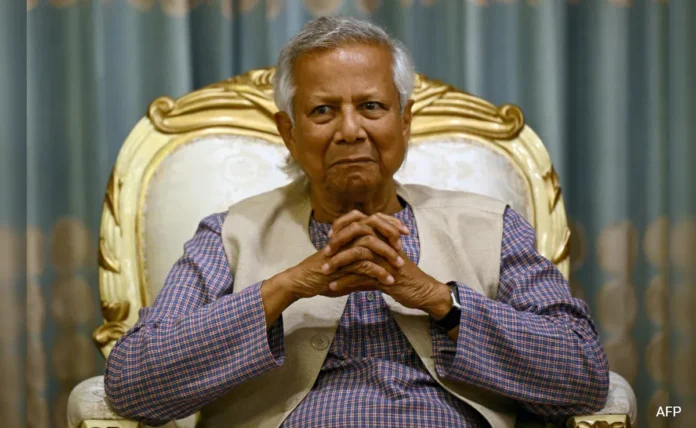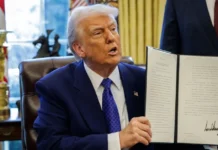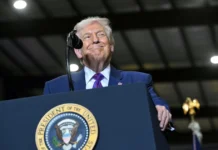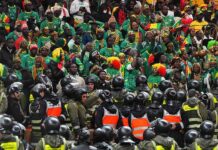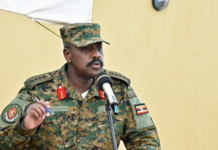Bangladesh will hold national elections in early April 2026, interim leader Muhammad Yunus announced Friday, marking the country’s first polls since the ouster of longtime prime minister Sheikh Hasina in August 2024.
In a televised address on the eve of Eid al-Adha, Yunus, the 84-year-old Nobel Peace Prize laureate leading the transitional government, said elections would be held “on any day in the first half of April 2026.” He stressed that comprehensive reforms to restore democratic institutions were still underway following Hasina’s 15-year rule, which was marred by allegations of authoritarianism and human rights abuses.
“The government has been doing everything necessary to create an environment conducive to holding the election,” Yunus said. “It should be remembered that Bangladesh has plunged into deep crisis every time it has held a flawed election.”
Hasina’s government was accused of politicizing state institutions, manipulating elections, and silencing opposition voices. Her removal followed a massive student-led uprising in 2024, which forced her resignation and ushered in Yunus’s caretaker administration.
While the interim government had previously committed to holding elections before June 2026, Yunus resisted growing pressure from political parties and the military to expedite the process. The opposition Bangladesh Nationalist Party (BNP), currently seen as the frontrunner, and Army Chief General Waker-Uz-Zaman had both called for elections by December 2025.
Responding to those demands, Yunus reiterated the need for foundational reform. “Those who organise such elections are later viewed as culprits, and those who assume office through them become targets of public hatred,” he warned. “Institutional reform is of utmost importance.”
Yunus emphasized that a transparent and inclusive electoral process is critical to avoiding another cycle of political instability. “One of the biggest responsibilities of this government is to ensure a widely participatory election so that the country does not fall into a new phase of crisis,” he said.
The announcement signals a key step forward in Bangladesh’s political transition, though tensions are likely to remain high as the reform process unfolds in the months ahead.
Written By Rodney Mbua









